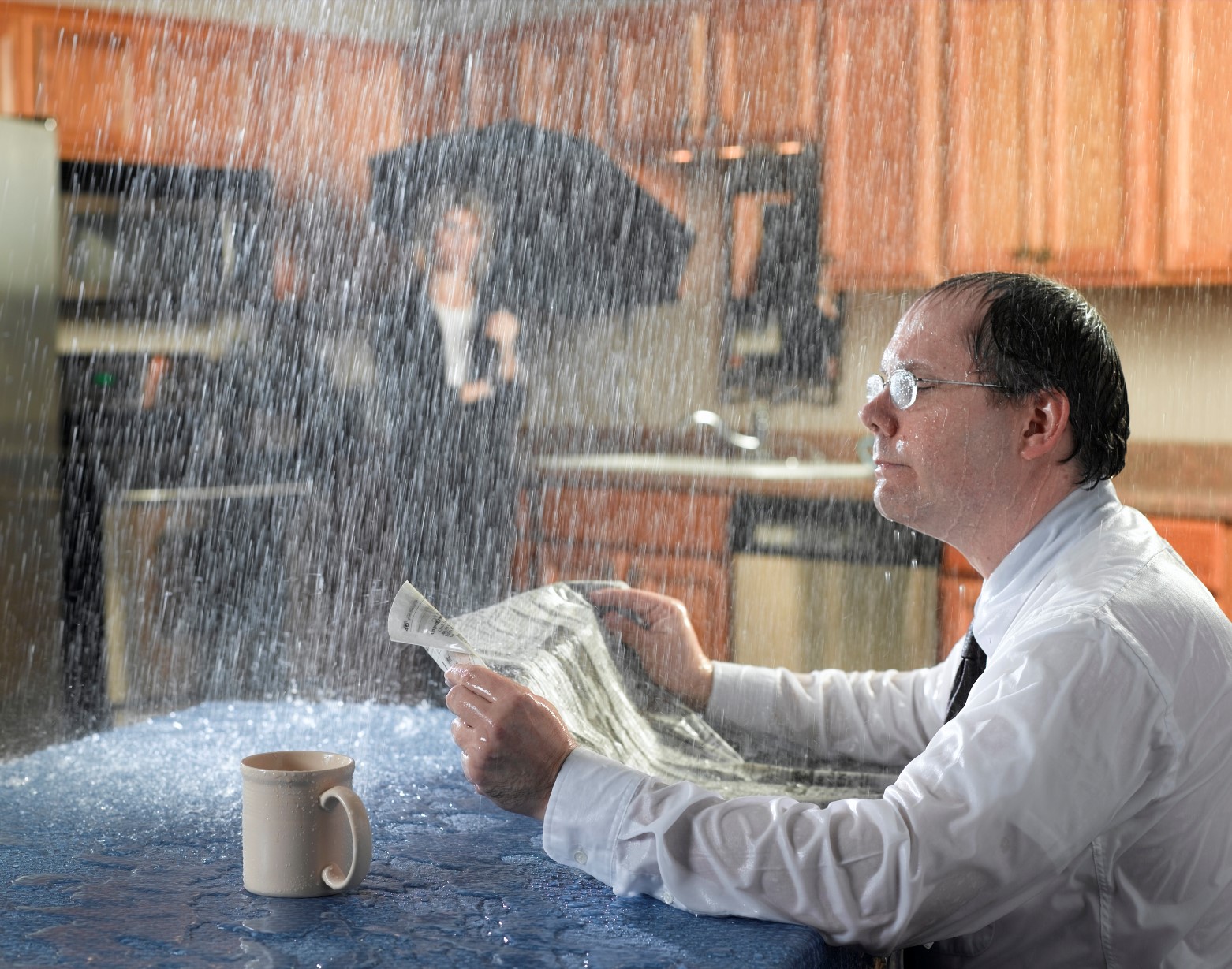The Home's Most Frequent Factors of Leakage: Thorough Investigation
The Home's Most Frequent Factors of Leakage: Thorough Investigation
Blog Article
In this article below you can get a lot of very good additional info related to Most Common Causes of Leaky Pipes.

Leaks not only cause waste of water however can additionally trigger unnecessary damage to your house as well as advertise undesirable natural growth. By understanding and also looking for daily situations that create leakages, you can safeguard your home from future leakages and unneeded damage.
Instant temperature level modifications.
Extreme temperature level changes in our pipelines can cause them to expand and also get suddenly. This development and tightening might create cracks in the pipes, specifically if the temperature level are below freezing. If you maintained an eye on just how your plumbing works, it would be best. The presence of the previously pointed out situations regularly suggests a high danger.
Rusty water systems
This could be the cause of discoloration or bending on your water pipelines. If our plumbing system is old, consider changing the pipes because they are at a higher threat of corrosion than the newer designs.
Faulty Pipe Joints
Pipeline joints can wear away over time, resulting in water leakages. If you have loud pipes that make ticking or banging noises, especially when the warm water is turned on, your pipeline joints are most likely under a whole lot of stress.
Trespassing origins
Many water leakages begin outside your home rather than inside it. If you observe an abrupt decrease in water pressure, state in your faucet, take time to go out as well as examine your yard. You may observe wet spots or sinkholes in your backyard, which may suggest that tree roots are invading water lines causing water to leak out. You can have your plumber look for invasion, specifically if you have trees or shrubs near your home.
Poor Water Connectors
At times, a leakage can be triggered by loose hoses and pipes that supply your appliances. In situation of a water links leakage, you may see water running directly from the supply line or pools around your home appliances.
Obstructed Drains
Obstructed drains pipes could be aggravating and also inconveniencing, but they can often wind up triggering an overflow bring about burst pipes. Maintain removing any materials that might drop your drains that might obstruct them to stay clear of such inconveniences.
All the above are sources of leakages but not all water leaks arise from plumbing leakages; some leaks may originate from roofing system leakages. All leakages need to be fixed immediately to avoid water damage.
Leaks not just cause waste of water but can also trigger unnecessary damage to your home and promote unwanted organic growth. By looking and also recognizing for daily circumstances that cause leaks, you can secure your house from future leakages and also unnecessary damages. Today, we will look at six leak triggers that might be creating your pipes to trickle.
At times, a leakage can be caused by loose hoses and pipes that provide your appliances. In case of a water links leakage, you may notice water running directly from the supply line or pools around your home appliances.
How To Check For Water Leak In Your Home
How To Check for Leaks
The average household's leaks can account for nearly 10,000 gallons of water wasted every year and ten percent of homes have leaks that waste 90 gallons or more per day. Common types of leaks found in the home are worn toilet flappers, dripping faucets, and other leaking valves. These types of leaks are often easy to fix, requiring only a few tools and hardware that can pay for themselves in water savings. Fixing easily corrected household water leaks can save homeowners about 10 percent on their water bills.
To check for leaks in your home, you first need to determine whether you're wasting water and then identify the source of the leak. Here are some tips for finding leaks:
Take a look at your water usage during a colder month, such as January or February. If a family of four exceeds 12,000 gallons per month, there are serious leaks.
Check your water meter before and after a two-hour period when no water is being used. If the meter changes at all, you probably have a leak.
Identify toilet leaks by placing a drop of food coloring in the toilet tank. If any color shows up in the bowl after 10 minutes, you have a leak. (Be sure to flush immediately after the experiment to avoid staining the tank.)
Examine faucet gaskets and pipe fittings for any water on the outside of the pipe to check for surface leaks.
Undetected water leaks can happen without the home or business owner even realizing. If you suspect a water leak, but not able to find the source. It is time to contact a professional water leak detection service, The Leak Doctor.
How To Find a Water Leak In Your Home
https://www.leakdoctor.com/blog/How-To-Check-For-Water-Leak-In-Your-Home_AE197.html

I was shown that report about Top Causes of Home Water Leaks through someone on a different web page. Be sure to take the time to distribute this write-up if you liked it. I am grateful for your time. Visit us again soon.
Prompt service? Call here. Report this page